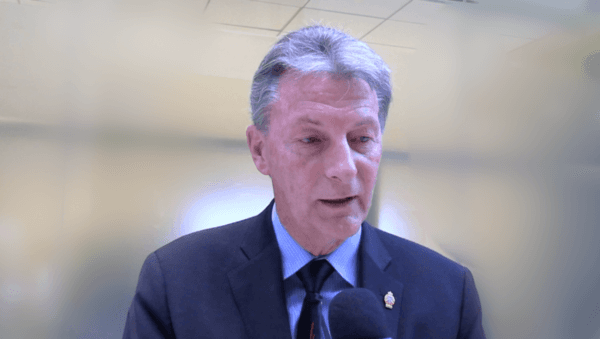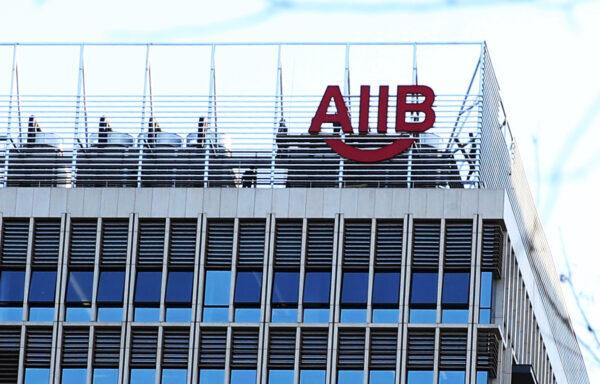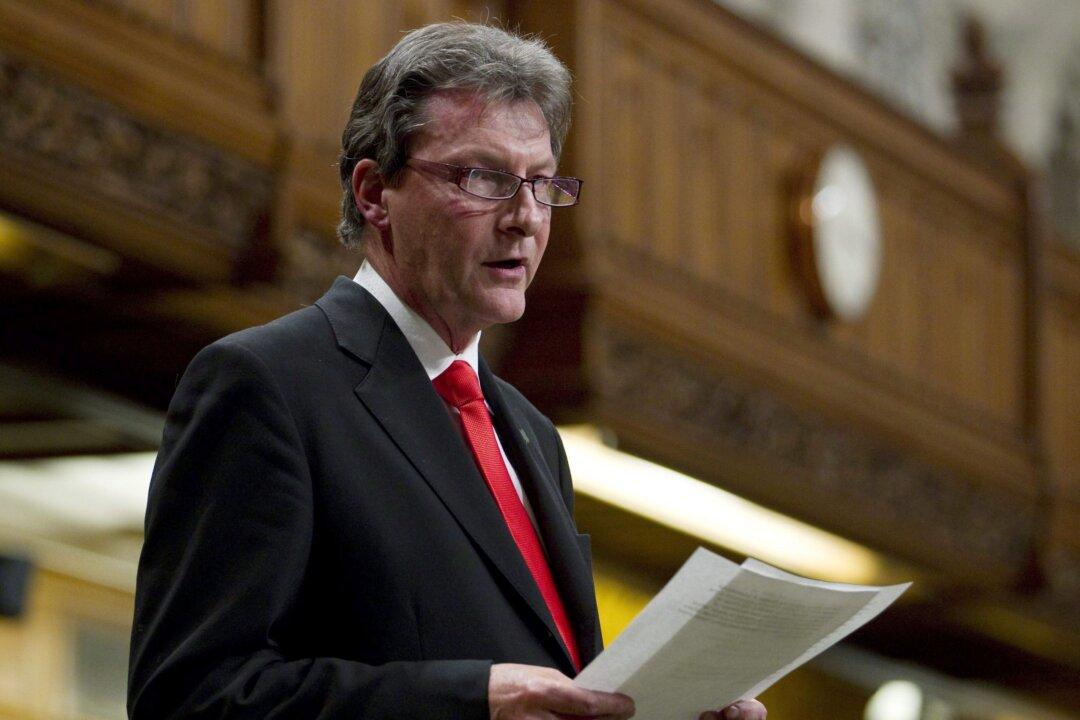Liberal MP John McKay is urging Canada to revamp its engagement policies toward Beijing due to the Chinese Communist Party’s (CCP) persistent human rights abuses despite Western democracies’ previous overtures.
He described the communist regime as a “bullyboy,” pointing to the numerous atrocities it has committed, including the forced organ harvesting and persecution of Falun Gong adherents, the enslavement of Uyghur Muslims, the abuse of Tibetans, and the destruction of Christians’ places of worship.
Mr. McKay noted that the regime’s persistent abuse of human rights flies in the face of what Western democracies had hoped for when they pursued engagement policies with Beijing, thinking that through trade and engagement with the regime, it would eventually abandon such behaviour.
“For decades now, Canada has pursued an engagement strategy with the Communist Party of China with the hope that ’trade together, stay together' and mutual economic interest would foster positive relations,” he wrote. “However, it is clear that, in spite of friendly overtures made by western nations, including Canada, China continues to pursue an aggressive, expansionist policy with little regard for the national interests or security of others.”

Imposing Costs
Mr. McKay said Canada’s current engagement policy toward China, built on “hope of financial reward,” is one of “vulnerability, high risk, and deep disappointment.” Instead, he said Canada should team up with like-minded countries to prevent future malign activities by imposing costs on the communist regime.“A made-in-Canada policy on China is a fantasy exercise built on hubris. Canada’s only avenue is to join up with like-minded nations so that when, not if, flashpoints occur, costs will be imposed on the CCP,” he said.
“Regrettably, nations and people are going to have to pick sides, regardless of how unpalatable the choice might be. The golden glitter of access to the Chinese economy can turn into a dismal dross of disappointment in a flash. It’s amazing how many of us can convince ourselves that the risks are small when the anticipated financial payoff is big.”
“How long can this policy last as the basis for dealing with Taiwan, our 12th largest trading partner? How long can a One China Policy last when Taiwan fights for itself and for Western democracies each and every day?” Mr. McKay said.
Additionally, he said Canada should oppose China’s participation in international agreements such as the Comprehensive and Progressive Agreement for Trans-Pacific Partnership, considering the regime’s record of bending treaties to serve its own political agenda.
Decoupling
Mr. McKay, who is chair of the House of Commons Standing Committee on National Defence, said many entities in Canada and Western countries are increasingly awakening to the reality that “there is nothing in it for us” to continue the engagement policy toward China.
“However, as the world’s democracies work to de-risk our economies by limiting our strategic vulnerabilities to authoritarian regimes, we must likewise be clear about the means through which these regimes exercise their influence around the world,” the statement said.
Mr. McKay applauded Ms. Freeland’s reaction, noting that a new Canadian policy toward Beijing needs to highlight the security prices that the United States, Europe, and many other countries have paid in embracing a “peer-to-peer relationship with China.”
“What is required is a fundamental shift in attitude and a refocusing on our national interests and security in the face of a growing superpower that has shown continued hostility to our nation and our allies,” he wrote.
“Hope is not a policy.”





